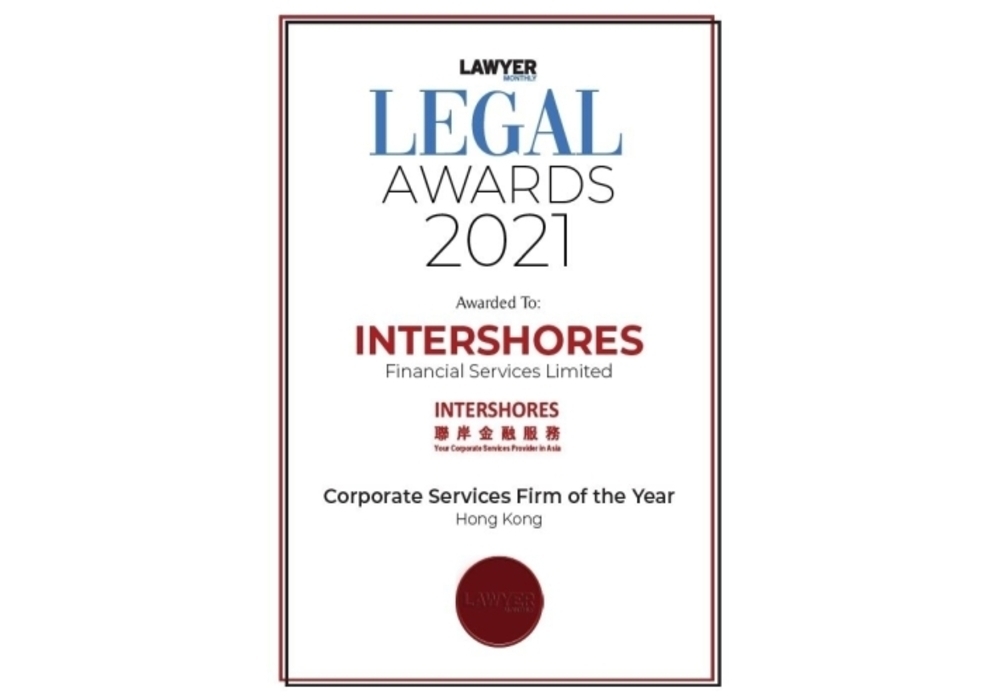|
Trust is a fiduciary arrangement that the settlor transfers the assets to the trustee, and the trustee holds and manages the assets for the beneficiary according to the wishes of the settlor and the trustee can arrange the property effectively to the designated beneficiary. It works on dual ownership concept whereby the legal title is vested in one person (a trustee) and beneficial ownership vested in another (beneficiary). It is a popular vehicle and delivers much advantage.
Components of a trust Settlor - a person who transfers rights and possession to the property owned by him. Protector (optional) - a person who guides trustees in carrying out their duties as settlor intended. Trustee - a trustee manages and administers trust assets as guided by the trust deed. Beneficiary - a person for whom the trust was created and who receives the benefits thereof.
Type of trust 1. Discretionary trust - the trustee has the power to decide beneficiary and amounts to be given. The letter of wishes by settlor may provide guidance to trustee but attempts to restrict trustees discretion would invalidate the trust. As the assets of the beneficiary are not clearly defined, creditors cannot attach the trust assets in payment of loan or liability.
2. Purpose Trust - is a trust which does not have beneficiaries and exists for a specific purpose. Hence all the assets must be ultimately be paid towards purpose of the trust. The trust deed must specify event which shall cause trust to be terminated.
3. Charitable Trust - a trust created for benefit of specific class of persons or general public. A charitable trust is created for charitable, scientific, religious, education purpose.
Statutory protection 1. Trusts assets are protected from settlors bankruptcy/liquidation. 2. Any claim by the creditors of settlor on trust assets must be proved beyond reasonable doubt. 3. Anti-heir ship rules apply.
Taxation Depending on the jurisdiction, usually offshore trust has the following advantages:
1. No capital gains tax on the registered jurisdiction. 2. No tax on profits on the registered jurisdiction derived on disposal of trust assets. 3. No tax on foreign income on the registered jurisdiction. 4. No access to DTAA hence foreign source income can be taxed by foreign tax authority. 5. No withholding tax retained by trustees before making income/capital distribution to beneficiaries.
Confidentiality and Privacy 1. Trust deed is not filed with the registry. 2. Trust register is not accessible to public. 3. No disclosure of names of settlor or beneficiaries to regulator required unless court orders for the same. 4. Documents are maintained by the trustee.
Structuring Possibilities 1. Trust holding shares of a company
Mr A businessman wants to carry on business with privacy.
Possible solution - Mr A forms an international company and a trust an offshore jurisdiction - The trust will hold the shares of the company for professional MF in the jurisdiction - Mr A carries on business via the company as normal
Benefits - Assets are protected from creditors (anti forced heirship rules apply). - Commercial transactions are handled by company and profits repatriated to trust. - The settlor can be trustee and beneficiary as well (not sole beneficiary). - Full confidentiality is maintained as no documents /names are filed with any authority. - Both company and trust are tax exempt in the registered jurisdiction.
2. Trust as fund vehicle for mutual fund (MF)
Mr. B an investor wants to incorporate a professional mutual fund MF and wants to structure the MF in a manner that is tax effective with privacy.
Possible solution 1. Mr B forms an international trust in an offshore jurisdiction. 2. The trust will hold license for professional MF in the jurisdiction. 3. Mr B can be the trustee along with qualified trustee (usually MF needs to have 2 trustees). 4. The subscribers to MF will be professional, the minimum contribution shall be say US$100000. 5. This find portfolio shall invest in shares, securities, stock exchange or government securities globally.
Benefits 1. Any returns received by MF and trust shall be fully tax exempt in the registered jurisdiction. 2. Usually the registered jurisdiction has no restriction on repatriation of profits and no exchange control. 3. The details of Mr B is not available on public record with any authority. 4. Easy and cost effective to manage. 5. Settlor can be trustee as well as one of the beneficiary.
Whatsapp : (852) 6499 4686 Phone : (852) 2186 6936 Email : info@intershores.hk
Disclaimer: Whilst reasonable care has been taken in provision of information above, it does not constitute legal or other professional advice. INTERSHORES does not accept any responsibility, legal or otherwise, for any error omission and accepts no responsibility for any financial or other loss or damage that may result from its use. In particular, readers are advised to take appropriate professional advice before committing themselves to any involvement in jurisdictions, vehicles or practice. |
|


